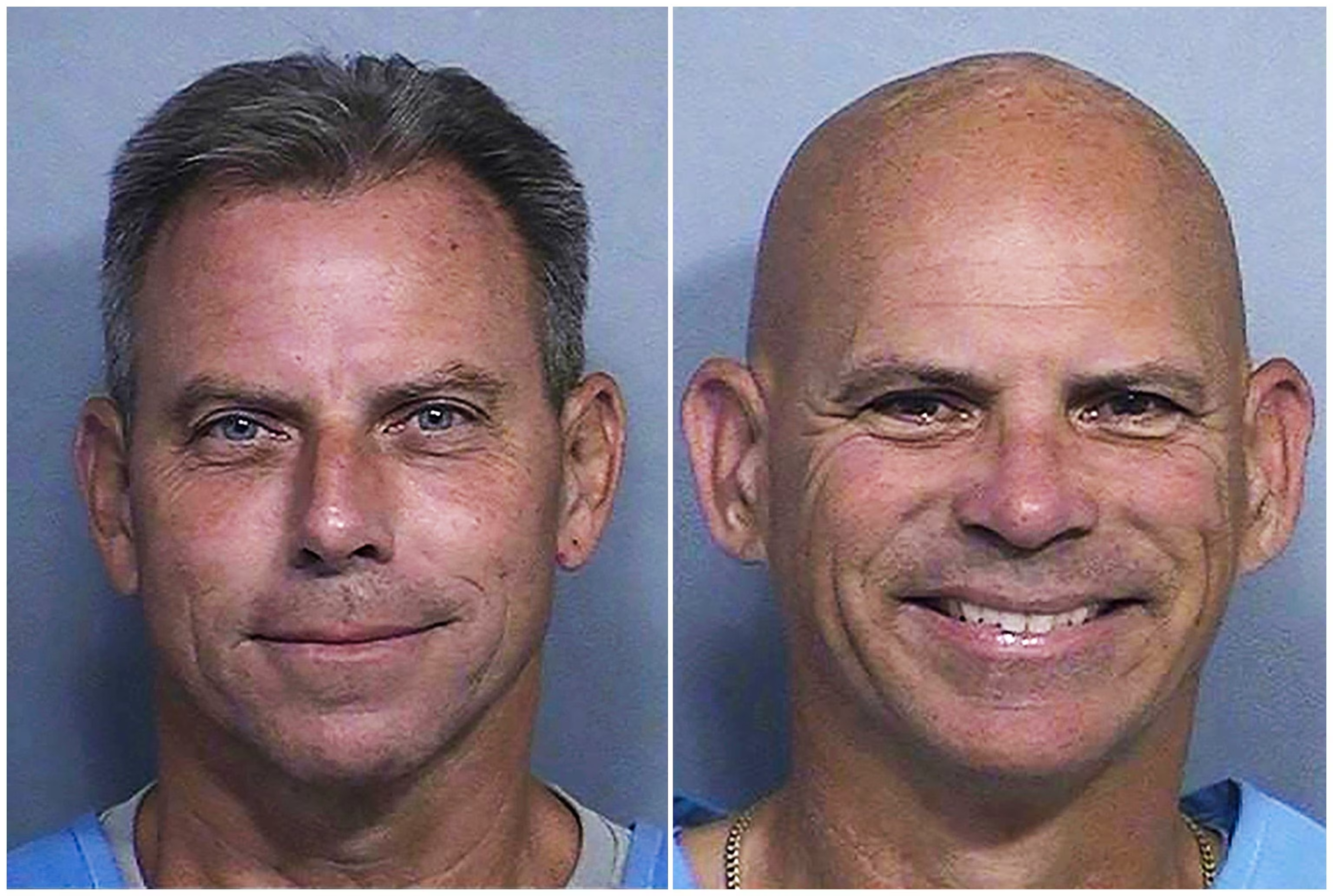After 35 years behind bars, Erik and Lyle Menendez were given a chance at parole. Los Angeles County Superior Court Judge Michael Jesic resentenced them at a contentious resentencing hearing from life without parole to 50 years to life, making them eligible for parole under California’s youthful offender law since they were 18 and 21 at the time of the 1989 murders of their parents, José and Kitty Menendez. Jesic emphasized he was not ordering their release but believed their decades of rehabilitation warranted the opportunity.
The defense has long argued the killings were driven by fear of their abusive parents. During the resentencing hearing, family members, a retired judge, and a former prisoner testified in support of the brothers. Relatives expressed forgiveness, noting the Menendez brothers’ remorse and positive influence. One cousin described taking her young son to visit them, saying they would contribute good to society if freed. Supporters highlighted their educational achievements and the mentorship programs they developed in prison, often referred to as “Menendez University,” which aided older inmates and helped others reintegrate into society.
But prosecutors insisted the brothers were motivated by inheritance. Former District Attorney George Gascón had backed resentencing, citing evidence of abuse and rehabilitation. But Gascon was replaced by his successor Nathan Hochman prior to the hearing. Hochman opposed it and argued that the brothers have not fully accepted responsibility. He continued to dispute the abuse claims, citing the jury’s decision at trial. Despite opposition, however, Judge Jesic ruled in their favor and granted the resentencing.
Lyle told the court, “I killed my mom and dad. I make no excuses and also no justification,” acknowledging the devastating impact of their actions. Whether the brothers will be released depends on upcoming parole board decisions, but for the first time in decades, freedom is possible.
The parole board that just denied parole for both of them. Erik’s hearing took place on August 21 and lasted nearly ten hours. The parole board ultimately denied his release, citing a long history of prison misconduct, including smuggling drugs, possessing cellphones, violent incidents, and other rule violations. The commissioners concluded he still posed an unreasonable risk to public safety. He will be eligible for another hearing in three years.
The following day, August 22, Lyle appeared before the board for about eleven hours. While the commissioners noted his positive prison record, remorse, and contributions to rehabilitation programs, they expressed concern over what they described as lingering “anti-social personality traits,” including minimization and deceptive behavior. As with his brother, Lyle’s parole was denied. He, too, will be eligible again in three years, though his case may be reconsidered sooner through an administrative review after eighteen months.

